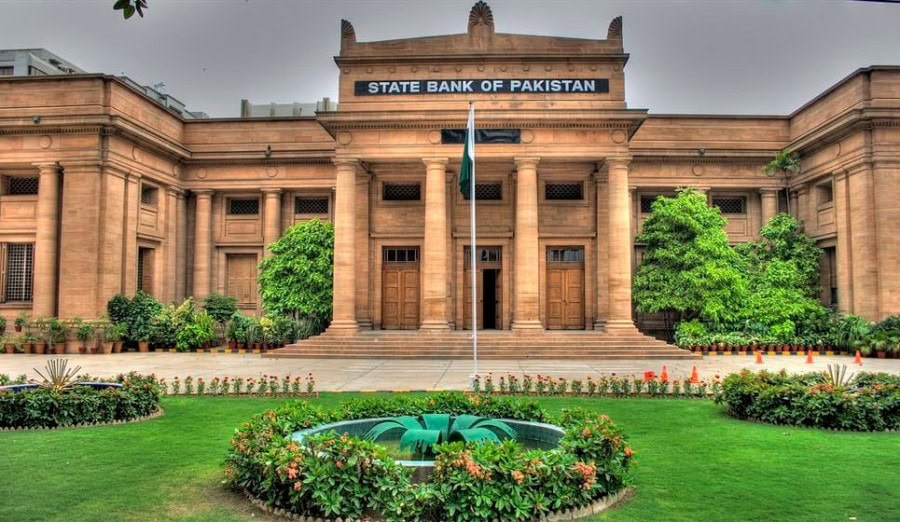Pakistan’s economy achieved a real GDP growth of around 6 percent, for a second consecutive year in FY22, says annual report on the country’s State of Economy released by the State Bank of Pakistan (SBP) on Wednesday.
According to the report, the growth was broad-based as both agriculture and industry saw a notable increase that spilled over to the services sector as well.
However, with the continued reliance on consumption as the source of growth, amid sluggish improvement in productivity, the country remained vulnerable to adverse developments in the global economy. Hence, a combination of adverse global and domestic developments led to the reemergence of macroeconomic imbalances during FY22.
The report noted that the expansionary fiscal stance in FY22, an upsurge in global commodity prices, and the fallout of the Russia-Ukraine conflict, led to a marked deterioration in the current account deficit (CAD). In addition, the delay in the resumption of the IMF program and political instability exacerbated the country’s vulnerability through the depletion of FX reserves. The resulting depreciation in PKR amplified inflationary pressures by magnifying the effect of global price increase.
Fiscal policy support in the shape of tax incentives for industry, export and construction, a large increase in provincial development spending, tax incentives and subsidies to protect consumers from the impact of rising international oil prices, supported the momentum of economic activity. Also, the lagged impact of monetary stimulus rolled out during the pandemic, SBP’s targets for housing and construction, and capacity expansions under Temporary Economic Refinance Facility (TERF) and Long Term Financing Facility (LTFF) continued to underpin GDP growth. In addition, the sustained rally in domestic and global demand and receding concerns about the Covid-pandemic also catalyzed the momentum of economic activity during FY22.
However, the impact of accommodative policies contributed to higher-than-planned growth in the economy, and together with the rapid rise in global commodity prices, posed risks to the country’s macroeconomic stability.










